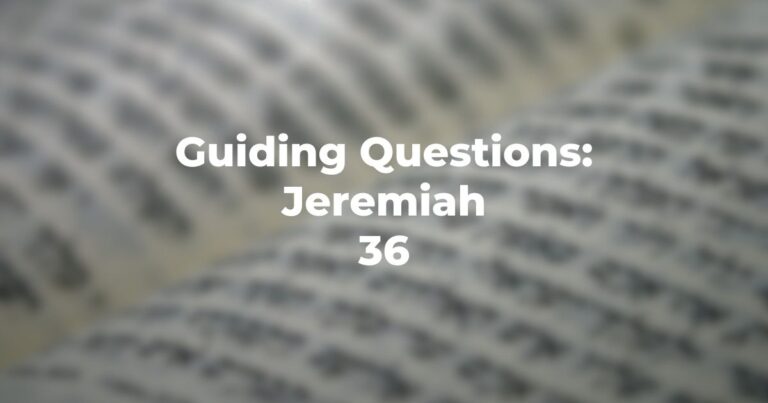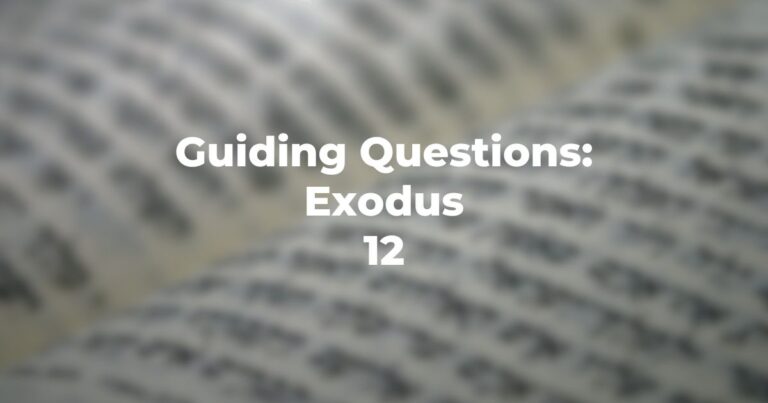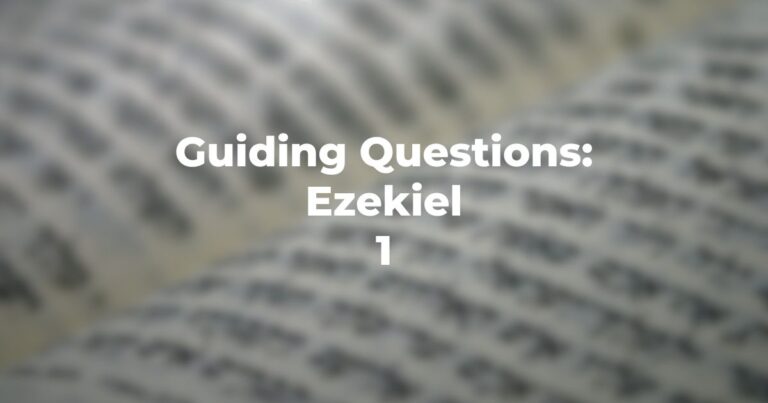- Following the reference to the 20 year tenure of Samson does Judges 16 indicate “judging” or does it (once again) reflect on Samson’s strength? Does Judges 16:4 indicate that Delilah was Samson’s wife? Does it indicate if she is of Philistine or Israelite origin? Does Delilah (Judges 16:5-6) appear to be “loyal” to Samson?
- Would it appear from Judges 16:6-13 that Samson is confident of his wife’s “discretion” or her “loyalty”?
- How does Judges 16:16 reflect on Samson’s earlier relationship with the Philistine woman?
- According to Judges 16:17 what is Samson’s self-definition of his strength? Is “revealing” the source of his strength significant in terms of his hirsute state or in terms of his definition as a Nazir?
- Judges 16:20 indicates that “God had left him.” Why?
- The blinding of Samson (Judges 16:21) is dealt with in literary fashion by Milton in Samson Agonistes. Should opportunity afford itself for a reading, how does Milton”s treatment dovetail with the text of TanakhAn acronym for the name of the Hebrew Bible: Torah, Neviim, and Ketuvim. Read more?
- What is the chief “God” of the Philistines — and does the name of this “God” relate to any economic factor?
- Judges 16:28 represents virtually the sole reflection of an action by Samson which does not surface in any other part of the narrative. What is this action?
- The phrase in Judges 16:30 has resounded down the years. How does “let me die with the Philistines” reflect itself in historical interpretation from generation to generation?
- Compared to the narratives of Gideon, Deborah and Yiftah what is the essential difference (or similarity, if such can be discerned) between these personalities, their role as judges and Samson?
- Does the author of Judges render any opinion as to Samson?
- Did Samson’s “tenure” free the Israelites from Philistine overlordship?
Author
-

Exploring Judaism is the digital home for Conservative/Masorti Judaism, embracing the beauty and complexity of Judaism, and our personal search for meaning, learning, and connecting. Our goal is to create content based on three core framing: Meaning-Making (Why?), Practical Living (How?), and Explainers (What?).
View all posts




